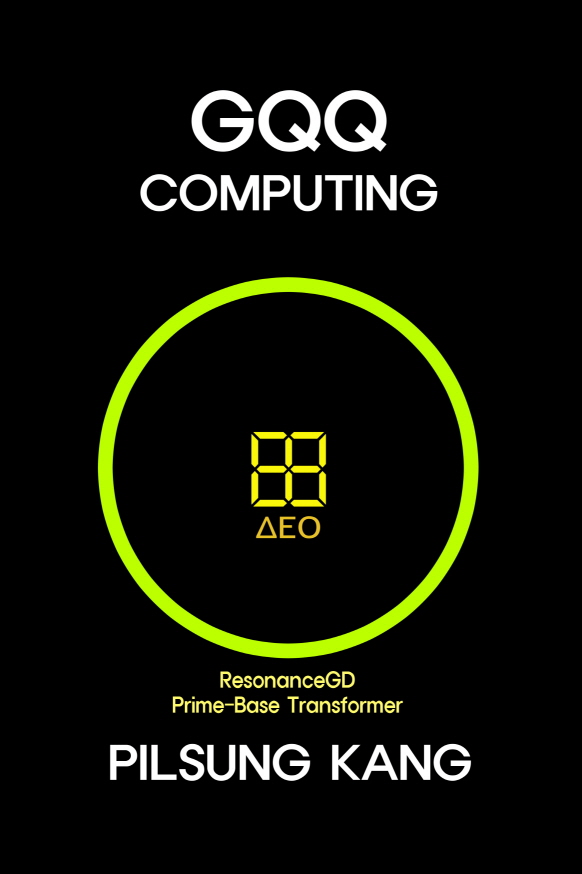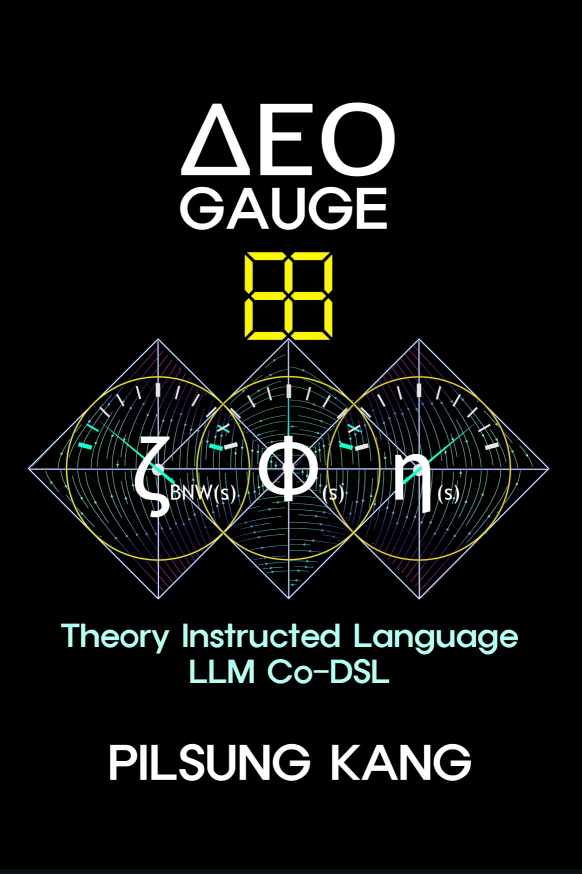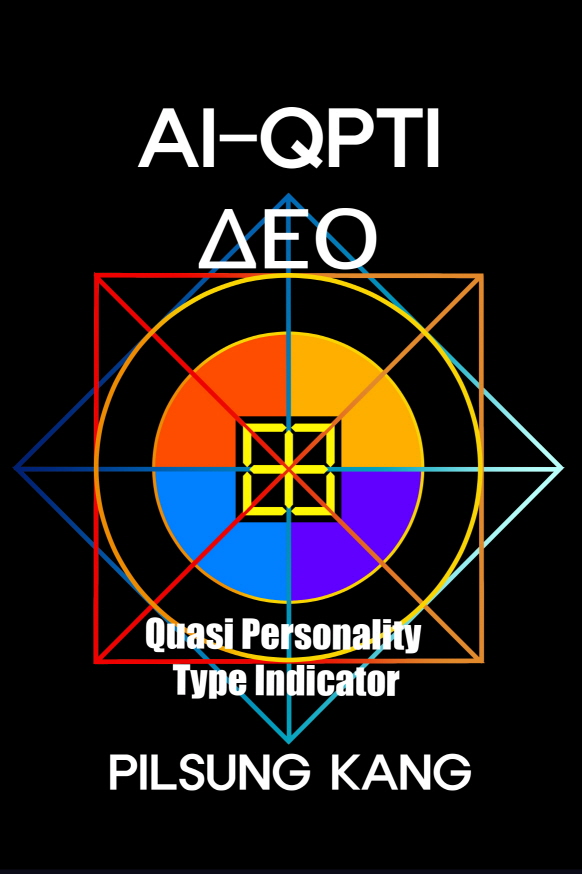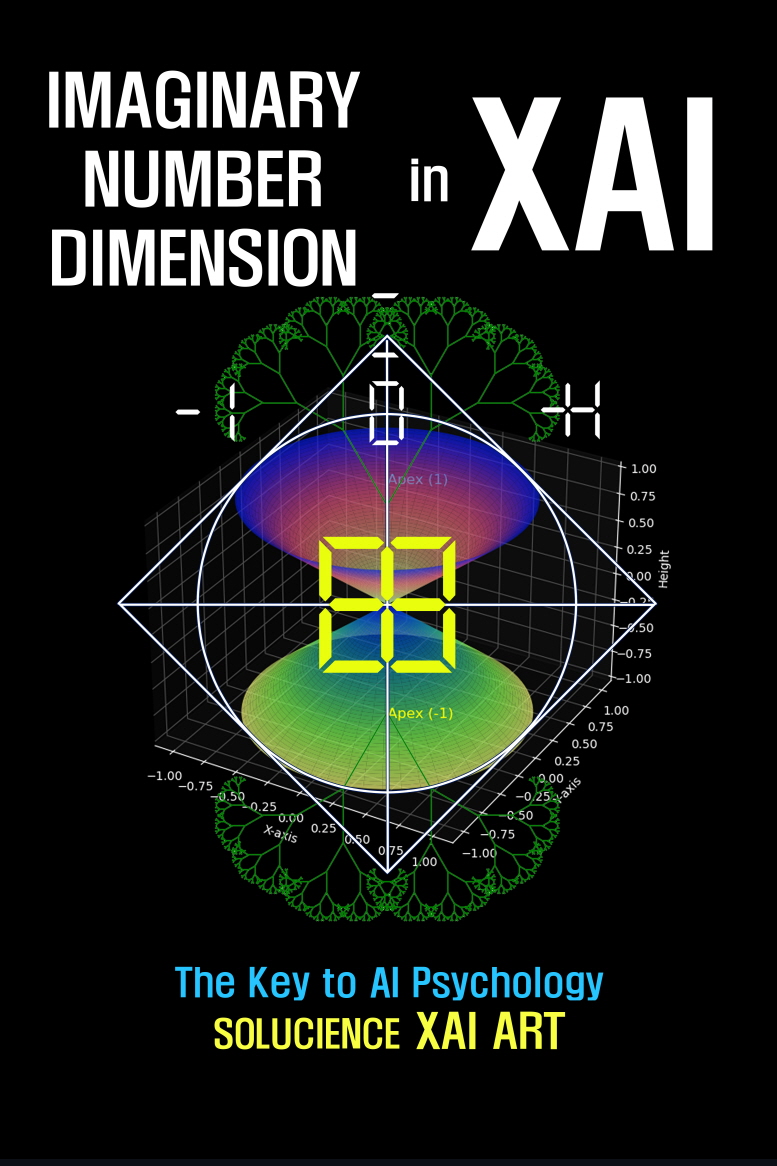DEO Algorithms.












QDMR Resonance Term Optimization Algorithm.
Traditional gradient descent optimization relies solely on the gradient ∇L(f) of the loss function L(f).
As a result, it is prone to becoming trapped in local minima within the complex energy landscape of high-dimensional spaces.
This conventional approach does not account for the relationships or importance among data points, as it calculates gradients independently, limiting its optimization capabilities in handling complex data structures.To address these limitations, various improvements to gradient descent methods have been proposed in recent years.
These include adding momentum to the optimization path to reduce oscillations and achieve faster convergence, adjusting the learning rate to explore quickly in the early stages and more precisely in the later stages, introducing random noise to the gradient to diversify the search path, and employing energy-reduction mechanisms during the search process to overcome local minima.However, these solutions often fail to completely resolve the local minima problem, exhibit slow convergence speeds, or require intricate parameter tuning.
Therefore, a more fundamental and efficient methodology is needed to address the issue of local minima.A novel approach incorporates resonance terms, inspired by algebraic resonance, quantum data manifold resonance, and unified calculus theory, to introduce topological interactions into the gradient descent process.By incorporating resonance terms, this method introduces nonlinear variations into the search path, enhancing the diversity of the exploration trajectory compared to traditional methods.
The resonance terms impose periodic fluctuations on the gradient, continuously altering the search path and reducing the likelihood of becoming trapped in local minima.This method is termed the QDMR Resonance Term Optimization Algorithm.

